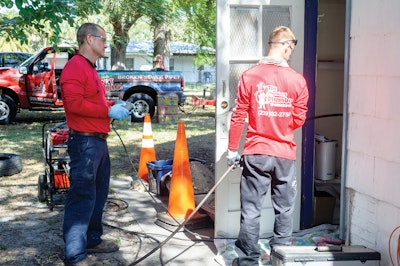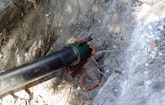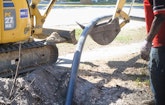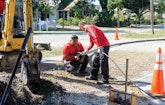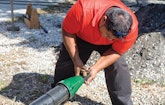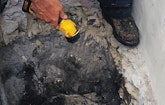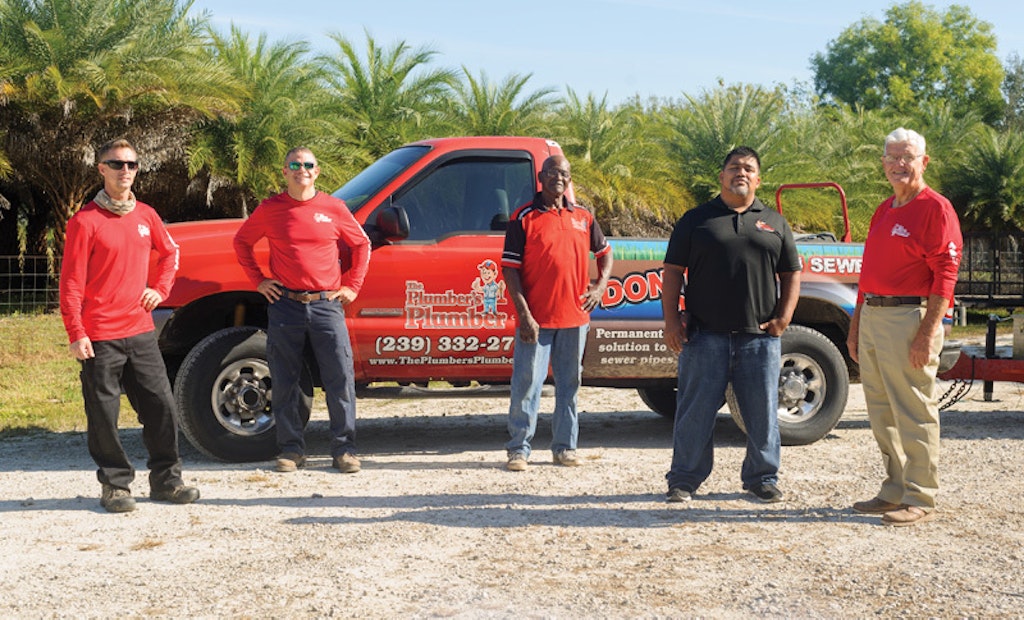
When Rick Hedge graduated from Florida State University in 1998, his gift was a trailer jetter. There was no question as to where he would put his skills and education to work.
Hedge’s father, Dick, purchased a small drain cleaning company in Fort Myers, Florida, in 1982. The...
